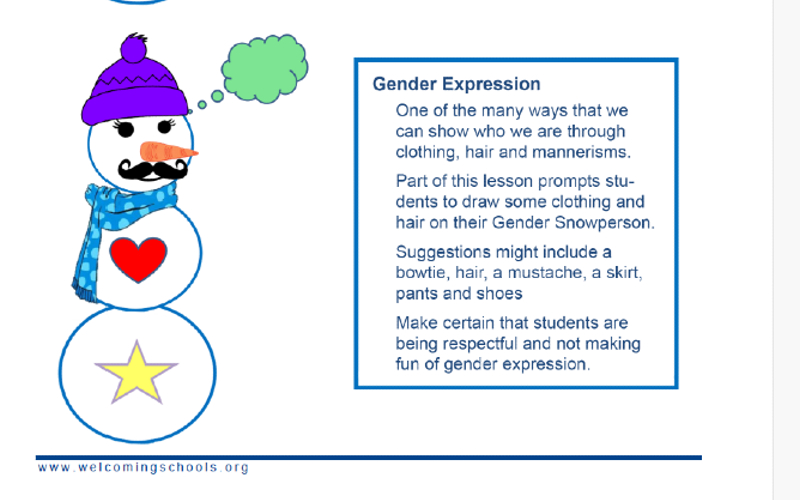The Federalist reports that starting next July teacher licensing rules passed under Gov. Walz will require applicants to affirm transgenderism and race Marxism.
Doug Seaton of the Upper Midwest Law Center is challenging the rule.
“It's the old Marxist theory of imposing hegemony on the culture, and that's what they have in mind. But they are a little short of outright bans. They do it by forcing people to compromise their religious beliefs in order to obtain a teaching license and in order to teach in a classroom."
Administrative law judges, who oversee proceedings involving state agencies, approved the pending changes last spring.
Colleges affected too
The changes also impact colleges and universities who must now train students to comply with the new regulations or be unable to offer state licensing to their students.
Seaton says teachers must also show they understand bias in themselves and their students related to race, sexual orientation, gender identity and other cultural Marxist categories.
“It’s concessionary. It's meant to say, 'you're guilty,' and you're supposed to confess, you're supposed to promise to behave.”
Just two of the changes
According to the state licensing board, here are two of the new requirements:
Standard 2, D. “The teacher fosters an environment that ensures student identities' including gender, gender identity, and sexual orientation are “affirmed and incorporated into a learning environment.”
Standard 4, H. “The teacher demonstrates the ability to create opportunities for students to learn about power, privilege, intersectionality, and systemic oppression in the context of various communities and empowers learners to be agents of social change to promote equity.”
Seaton says such requirements are reminiscent of the cultural revolution in China with people wearing dunce caps being berated by Red Guards.







